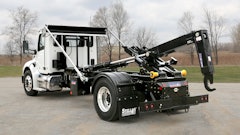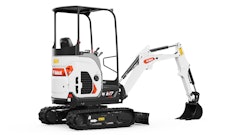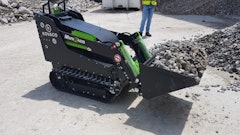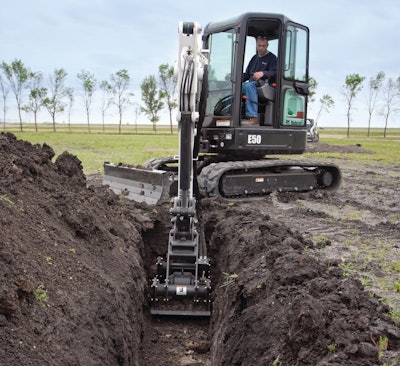
If you're in the market for a new compact excavator, or any compact equipment for that matter, there are strategies you can use to get the best deal possible. Start by doing some research to establish the market value of the base machine plus the optional features you may want included. Next, look into the types of financing packages offered by suppliers.
- Check for incentives. Some manufacturers offer low-rate financing as an incentive to buy – even as low as 0% for 48 months and longer. Finance program offers change routinely with manufacturers, so check with your local dealer to see what's available. Watch out for low rates and short terms, and monitor the potential payment levels. If you have good cash flow, you may want to consider a cash transaction in place of financing.
- Look for the discounts. Sizable discounts can be available if you're willing to be flexible. For example, manufacturers looking to reduce inventories of older models to make room for new machines on dealer lots may offer an extended warranty or generous trade-in allowances to move machines.
- Add attachments into the mix. Dealers are often willing to sell equipment packages at a discounted rate compared to what it would cost to purchase the machine and attachments separately. You will spend more now, but you'll save money if you know there are certain attachments you will use down the road.
Keep an Eye on Used Equipment Values
Depending on market conditions, buying used could get you into a late-model compact excavator at a fraction of the cost of a new machine.
For example, buying used equipment from a rental center can get you a lot of machine at a lower cost. Many larger rental companies turn their equipment inventory every four or five years. These relatively low-hour units may sell for 40% less than new, meaning you could buy a nearly new $50,000 machine for $30,000. You will also know the machine has been properly maintained when you buy directly from a reputable rental operation.
However, when it comes to used equipment, you really need to do your homework to make sure you're getting the best value based on machine age, hours and condition. You can track used equipment pricing using auction results on established websites such as rbauction.com (Ritchie Bros. Auctioneers) and ironplanet.com, as well as via the Rouse Report (rouseservices.com), a free monthly newsletter.
Of course, it's important to be mindful of the pitfalls of buying used, which include:
- you don't always know what you're really getting,
- you're not able to take advantage of newer technology that can make the equipment and operators more productive,
- and older machines without the latest bells and whistles lose resale value more quickly, meaning less long-term ROI when it comes time to remove them from your fleet.
Used Equipment FAQs: Expectation vs. Reality of Buying Used Equipment
7 Caution Signs When Buying Used Equipment
Sources: Kubota, Neff Rentals, Doosan Infracore Construction Equipment
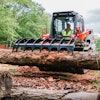


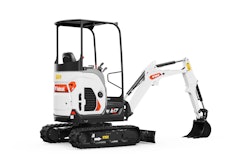
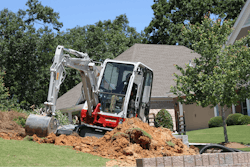
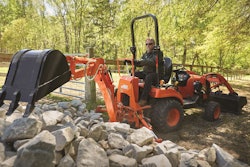
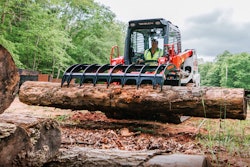

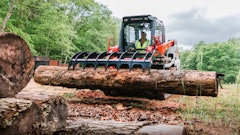






![Doosan Bobcat Wacker Neuson Stack 2ec Js Pb V6e[1]](https://img.greenindustrypros.com/mindful/acbm/workspaces/default/uploads/2025/12/doosan-bobcat-wacker-neuson-stack2ecjspbv6e1.CPyyz8ubHn.png?ar=16%3A9&auto=format%2Ccompress&bg=fff&fill-color=fff&fit=fill&h=135&q=70&w=240)

